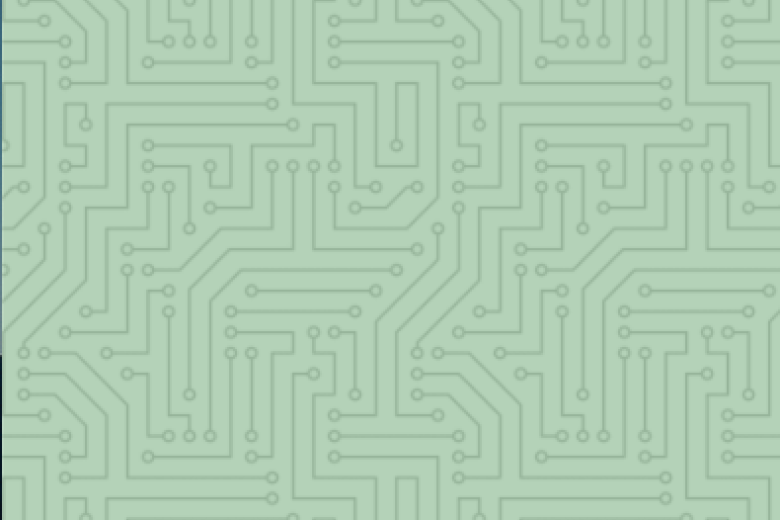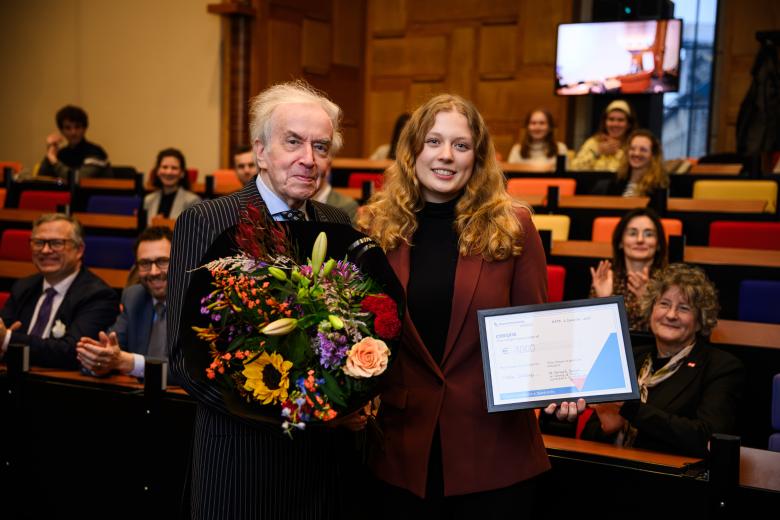LAWNOTATION receives infrastructure grant
We are happy to announce that the LAWNOTATION proposal, amongst others, will be funded through the Dutch Law Sector Plan. LAWNOTATION is an initiative of Digital Legal Lab that brings together Dutch universities working on Digital Legal Studies.
The project aims to develop an infrastructure that enables researchers in the field of law, social sciences, and humanities to systematically analyze legal documents such as legislation and court decisions. The infrastructure will allow access to and sharing of data - making legal data and annotation schemes (current and future) accessible for annotation and analysis purposes, develop an annotation platform, and provide for a user interface. This should result in more high-quality FAIR legal research data.
The project will be carried out by the Maastricht Law and Tech Lab, BISS - Brightlands Institute for Smart Society, Radboud University Nijmegen, Tilburg University, University of Groningen, UvA, and TNO.
A team of developers will work closely together with social sciences and humanities (SSH) researchers on the improved access to legal materials, which will benefit SSH researchers as well as society as a whole.
What was your reaction when you heard the news of receiving this grant?
I was thrilled. This project is the first initiative by legal researchers in the Netherlands that aims to develop a research infrastructure for legal data. Drafting the proposal was a team effort.
I am happy that the direct colleagues who put effort in the proposal get to enjoy this success, and that it brings the participating universities closer together.

Why is the grant important for your research and the field of Digital Legal Studies?
We, researchers, tend to think we make an impact by publishing articles and books. This is undeniably important, but publications rely on information. Our project focuses on providing for high-quality information that can be used for computational-legal analysis.
The envisioned infrastructure is not only intended for us, the participating researchers, but for the legal community as a whole.

The project is a collaboration between researchers from different universities. What benefits can such an inter-university approach bring?
I see at least three important benefits. First, input. The knowledge and experience that the consortium brings together is invaluable for developing the platform. Second, support. It is an accomplishment if we develop a platform that Maastricht University researchers can use, but the initiative is truly a success if legal research as a whole can benefit from the results. Finally, collaborations. The project has the potential to bring researchers closer together.
This will not only ensure collaborations within the project, but also beyond.

Also read
-
Ronald Janse appointed as new dean of Maastricht University Faculty of Law
The Executive Board of Maastricht University is delighted to announce the appointment of Prof. Ronald Janse as dean of the Faculty of Law.
-
Virtual companions, real responsibility: call for clear regulations on AI tools used for mental health interactions
Mindy Nunez Duffourc (Assistant Professor of Private Law and member of the Law and Tech Lab) co-authored an article outlining the urgent need for clear regulations for AI characters.
-
Maastricht Consulates Prize on EU Law 2025 Awarded
On 2 December, the Maastricht Consulates Prize on EU Law 2025 was awarded at the Faculty of Law of Maastricht University to Merle Sandhop.